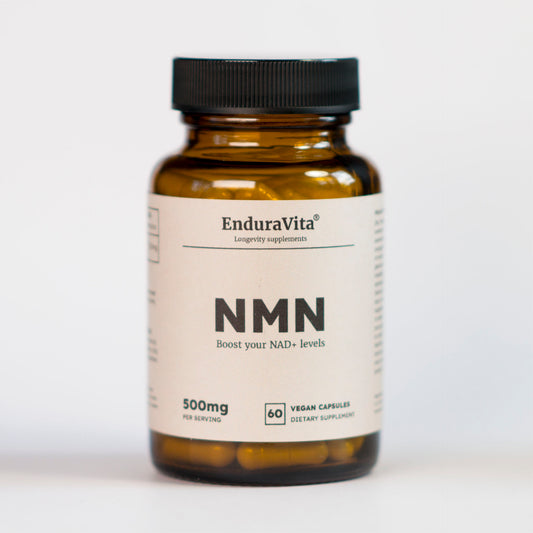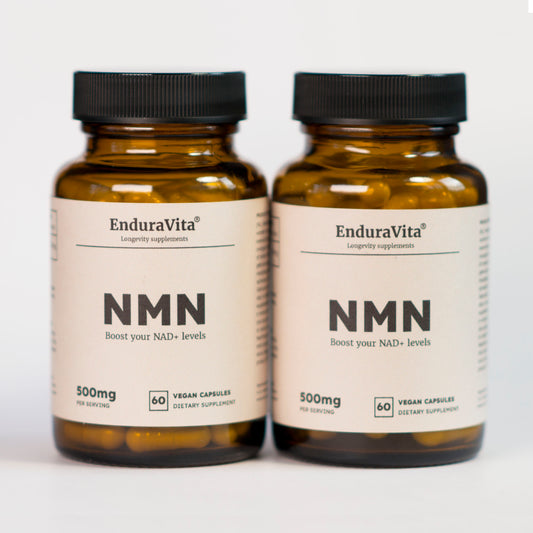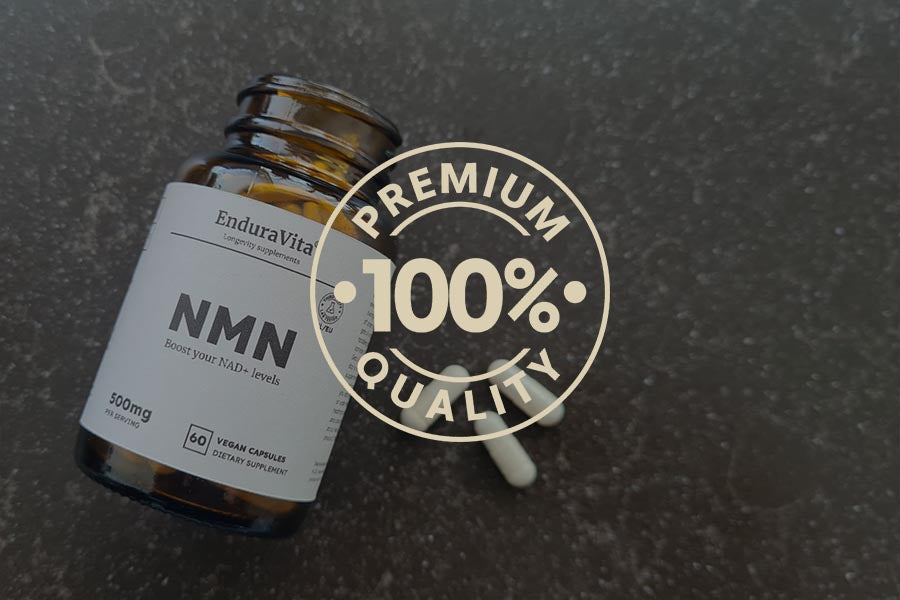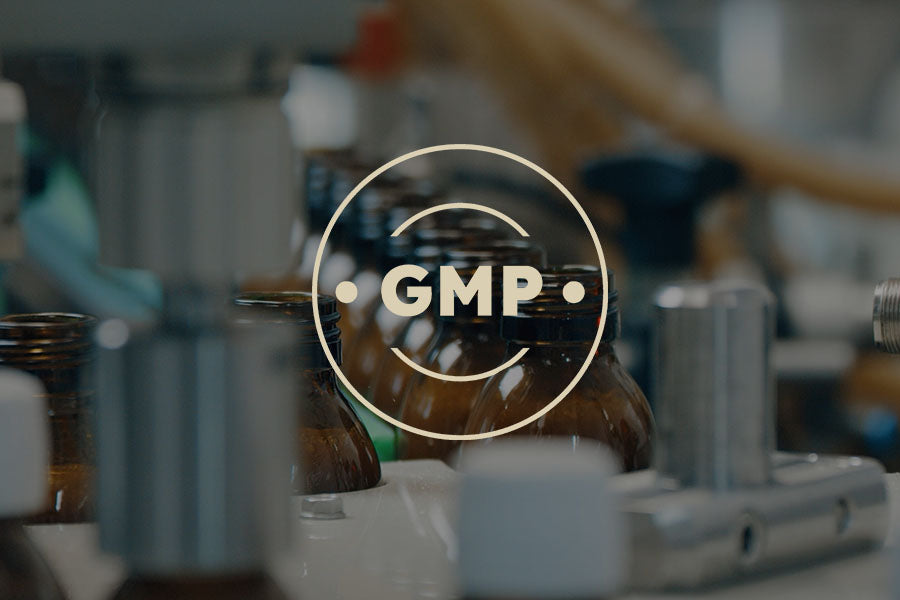
Research: NMN protects lungs against damage from Air Pollution
Inhaling of polluted air can lead to a decrease in NAD+ levels, resulting in inflammation and lung damage. Nevertheless, research shows that the use of NMN, a precursor of NAD+, can counteract this damage and inflammation in mice.
Key points:
- Exposure to air pollutant particles (PM) decreases NAD+ levels in the lungs by nearly 40%, likely leading to inflammation and subsequent lung damage.
- Taking NMN before and during exposure to PM can prevent this harmful impact on the lungs.
- NMN can also halve the elevated levels of the inflammatory protein TNF-ɑ caused by PM exposure.
In urban areas, many people are exposed daily to small particles and droplets from cars and industries. Since 80% of Americans live in cities, the intake of these particles, known as PM, is a growing health problem. Prolonged exposure can lead to various health issues, including lung damage and a weakened immune system. While some solutions such as vitamins and antioxidants have been proposed, there is an urgent need for more effective treatments.
A study published in Environmental Health Perspectives by Chen and his team from Sun Yat-sen University in China reveals that PM exposure significantly reduces NAD+ levels in the lungs. This likely contributes to inflammation and lung damage in mice. By taking NMN, a substance that can restore NAD+ levels, the researchers were able to demonstrate that lung damage caused by PM exposure can be prevented. Further research confirmed that NMN provides this protection by reducing inflammation.
NMN as Protection Against Air Pollution
To understand the impact of PM on NAD+ levels and the resulting inflammation and lung damage, mice were exposed to high PM concentrations for 16 weeks. The results showed that NAD+ levels in various organs significantly decreased due to this exposure. However, NMN supplementation was able to restore these levels, suggesting that NMN provides effective protection against the harmful effects of PM.
The team also found that NMN could reduce the inflammatory response caused by PM exposure. This was confirmed by a decrease in the inflammatory protein TNF-ɑ in the blood.
"These findings open up new possibilities for dietary supplements as protection against harmful environmental factors, particularly lung damage," concluded Chen and his team.
NMN's Role in Protection Against Pollution
The study showed that prolonged exposure to PM leads to a decrease in NAD+ levels, which can cause inflammation. This inflammation can then lead to lung damage. NMN was found to effectively reduce this damage, likely by reducing the inflammatory response. There are also indications that NMN can protect skin cells from PM damage. While the results are promising, further research is needed to confirm the effectiveness of NMN in humans.
Source: https://pubmed.ncbi.nlm.nih.gov/37458712/










